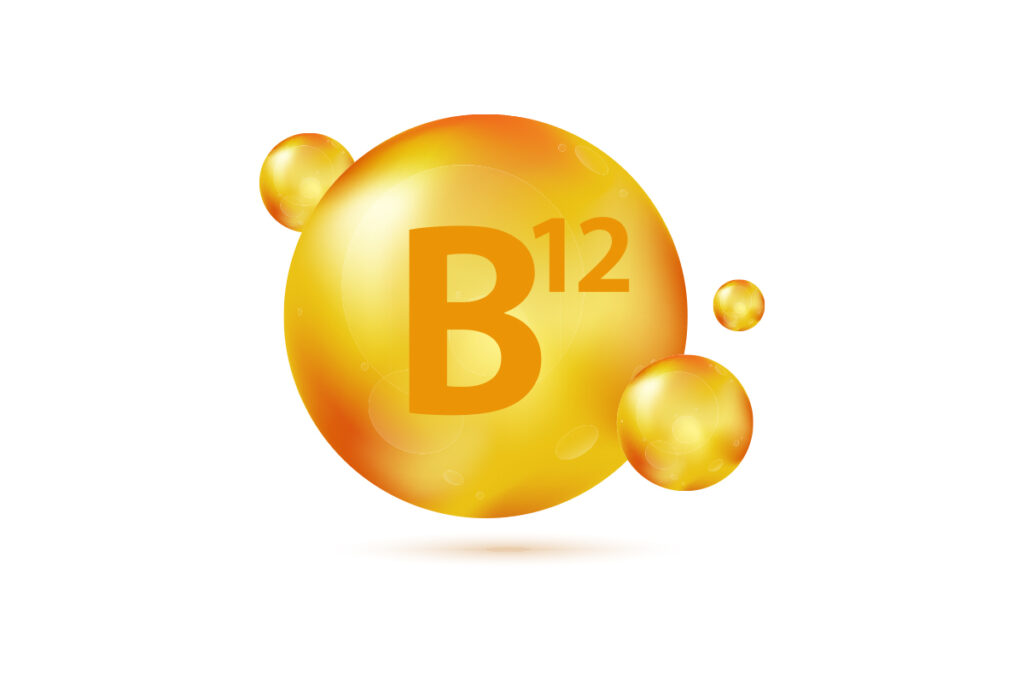The Particulars of Pancreatitis
Instances of acute and chronic pancreatitis have increased steadily in recent decades. In the United States, acute pancreatitis accounts for roughly 275,000 hospitalizations a year, and chronic pancreatitis contributes another 86,000. Pancreatitis can lead to severe complications if untreated, so it is important to understand the causes and be aware of the symptoms. Here, we spoke with gastroenterology specialists to learn more.

What is Pancreatitis?
The pancreas is a gland that creates digestive enzymes as well as hormones, like insulin, which regulate blood sugar. Pancreatitis is a medical condition that occurs when digestive enzymes cause the pancreas and surrounding tissues to become damaged and inflamed. Pancreatitis can be acute, meaning symptom onset is sudden, or chronic, meaning that the condition causes long-term impacts.
Acute Pancreatitis
Acute Pancreatitis develops suddenly, and mild cases can usually be resolved after a few days with proper treatment. In more severe cases, acute pancreatitis can require hospitalization and the pancreas can sustain serious damage. In either case, it is important to seek treatment as soon as you notice the symptoms.
With many conditions, mild symptoms develop over time and warn that a medical event is coming, but that is not the case with acute pancreatitis. According to Dr. Gregory Olds, a gastroenterologist with Galen Digestive Health, “In most cases, there are no warning signs. Pancreatitis usually starts very suddenly.” The first symptom many people experience is sudden abdominal pain. “With pancreatitis, severe and sudden abdominal pain is usually in the upper part of the abdomen, but may radiate to the back,” explains Dr. Larry Shuster, a gastroenterologist with Hamilton Physician Group.
Chronic Pancreatitis
Chronic pancreatitis occurs when the pancreas becomes inflamed and damaged over a long period of time. Repeated instances of acute pancreatitis and other factors that cause injury to the pancreas can lead to complications, such as scarring, that can permanently affect pancreas function. “This can cause chronic abdominal pain, diabetes, or inability to digest and absorb food. Patients with chronic pancreatitis also have an increased risk of pancreatic cancer,” says Dr. Shuster.
Symptoms
The symptoms of pancreatitis vary a bit based on which type you have. For acute pancreatitis, symptoms include upper abdominal pain that may radiate to the back, tenderness in the abdomen, and nausea or vomiting. In chronic cases, a person may experience abdominal pain that feels worse after eating, unexplained weight loss, and oily, foul-smelling stools. Abdominal pain may come and go or remain constant, but it can also subside as chronic pancreatitis worsens.
Signs of severe pancreatitis include:
- Severe or worsening pain or tenderness in the abdomen
- Nausea and vomiting
- Fever or chills
- Rapid heartbeat
- Shortness of breath
- Jaundice (yellowing of the skin or whites of the eyes)
If any of the above symptoms are present, you should immediately seek medical treatment. These severe symptoms could be a sign of serious infection or a blockage that is affecting the pancreas, both of which can be fatal if left untreated.
Causes
The causes of pancreatitis can vary, but they all inflict damage on the pancreas in some way. “The most common cause of acute pancreatitis worldwide is gallstones,” according to Dr. Olds. Gallstones can block the pancreatic duct, which typically carries digestive enzymes from the pancreas to the small intestine. When this happens, the enzymes become trapped and begin to break down the pancreas itself, leading to inflammation and damage.
Alcohol has a toxic effect on the pancreas and is the second leading cause of acute pancreatitis. Excessive alcohol consumption is the most common cause of chronic pancreatitis because repeated inflammation from alcohol can do lasting damage to the pancreas. “However, not everyone with chronic pancreatitis has a history of alcohol usage. There are known genetic factors that can increase the risk of chronic pancreatitis in the absence of alcohol usage.” Dr. Olds notes. “In fact, many patients with acute and chronic pancreatitis have never consumed any alcohol.”
Additional factors that increase the risk of acute or chronic pancreatitis include high triglyceride levels, certain medications, infections, abdominal trauma, smoking cigarettes, diabetes, and having a family history of pancreatitis.
Treatment
In mild cases of acute pancreatitis, treatment tends to be fairly straightforward. “Typically, pancreatitis is diagnosed by evaluating symptoms, blood work (amylase and lipase), and CT scans,” says Dr. Shuster. “Each patient with acute pancreatitis is different, but treatment starts with fluid resuscitation and pain control while monitoring for organ failure and infection.” Luckily, most people will improve without further intervention, but Dr. Shuster says, “Surgery to remove the gallbladder or endoscopy to remove gallstones in the bile duct may be needed.” In cases of chronic pancreatitis, Dr. Olds explains, “Chronic pancreatitis is generally treated with pancreatic enzyme replacement and pain control. Surgical and endoscopic treatments are available for severe cases.”
Tips for Managing Pancreatitis
There are many factors that contribute to the risk of pancreatitis, and some, like genetics, are unavoidable. However, you can reduce your risk of developing acute pancreatitis or limit the damage done by chronic pancreatitis with these tips:
Avoid alcohol: Anyone who is at high risk of pancreatitis should consider limiting or avoiding alcohol to reduce their risk. People with chronic pancreatitis or a personal history of acute pancreatitis should quit drinking in order to avoid further damage to the pancreas.
Stop smoking: Research shows that smoking cigarettes can lead to acute pancreatitis and should certainly be avoided by people in high-risk groups. Smoking is a known risk factor for developing chronic pancreatitis, but it can also lead to more severe symptoms.
Surgery to remove the gallbladder: In cases where pancreatitis has been caused by gallstones, removing the gallbladder is an effective way to reduce the risk of recurrence, according to Dr. Olds.
Manage triglyceride levels: Medications can be used to decrease triglyceride levels in the blood, thereby limiting the risk of developing blockages that can lead to pancreatitis. Dr. Shuster recommends eating a low-fat diet and drinking plenty of water.

Routine checkups: People with chronic pancreatitis should see their physician regularly for bloodwork and symptom monitoring. Taking a proactive approach and adjusting treatments sooner rather than later can help lower the risk of severe complications.

Gregory Olds, MD
Gastroenterologist, Galen Digestive Health

Larry Shuster, MD
Gastroenterologist, Hamilton Physician Group – Gastroenterology




